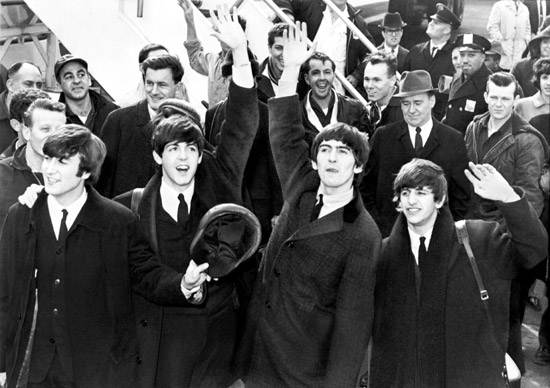Music: Music Overview
The oldest musical instrument so far discovered in England is a bone flute found in the river muck under a London street. It would have sounded something like a tin whistle. And the Sutton Hoo harp, plucked from an 8th-century Saxon ship burial, seems a long way from George Harrison’s Rickenbacker. But music in England has a great deal of continuity, as well as a proven ability to absorb very different musical cultures and make them its own.
Musical Mix and Match
Britain’s 200 years of empire stuttered to an end after World War II, but former colonials found England an attractive place to live—and make music. The course of British pop music has been radically affected by ska and reggae (from Jamaica), and bhangra (from Pakistan).
And of course pop music in Britain (and the USA) was changed forever when young Brits absorbed American blues, rock and roll, and folk music, tweaked it, then played it back to their sources.
Foreign Countries within the Kingdom
Scotland has its own parliament; Wales has its own language. Both insist on the difference between themselves and England, culturally and musically. Within England itself the divide between north and south is still apparent, and each shire once had its own distinctive folk music tradition. Northern Ireland may be politically part of Great Britain, but it is musically still very much a part of Ireland.
Article written for World Trade Press by Marc Lecard.
Copyright © 1993—2024 World Trade Press. All rights reserved.

 United Kingdom
United Kingdom 